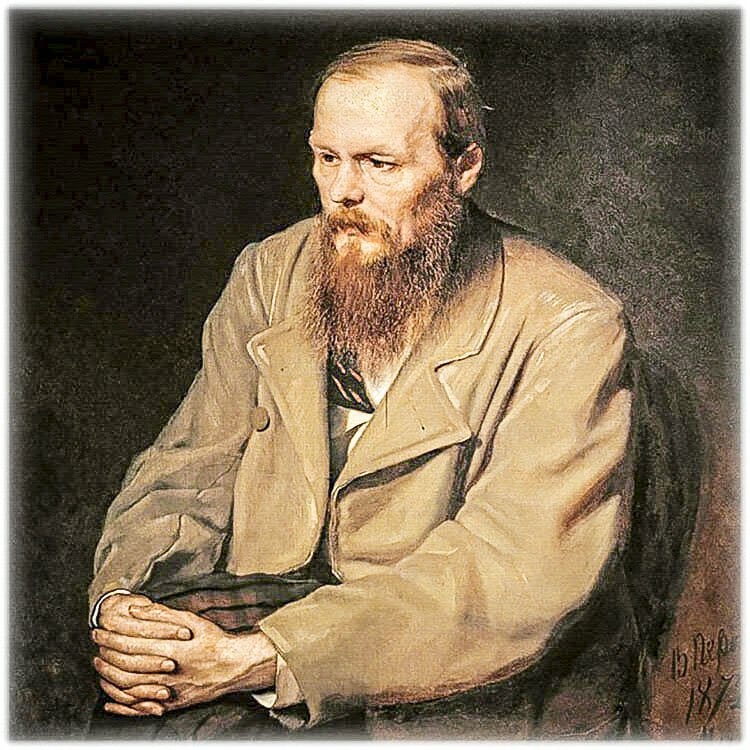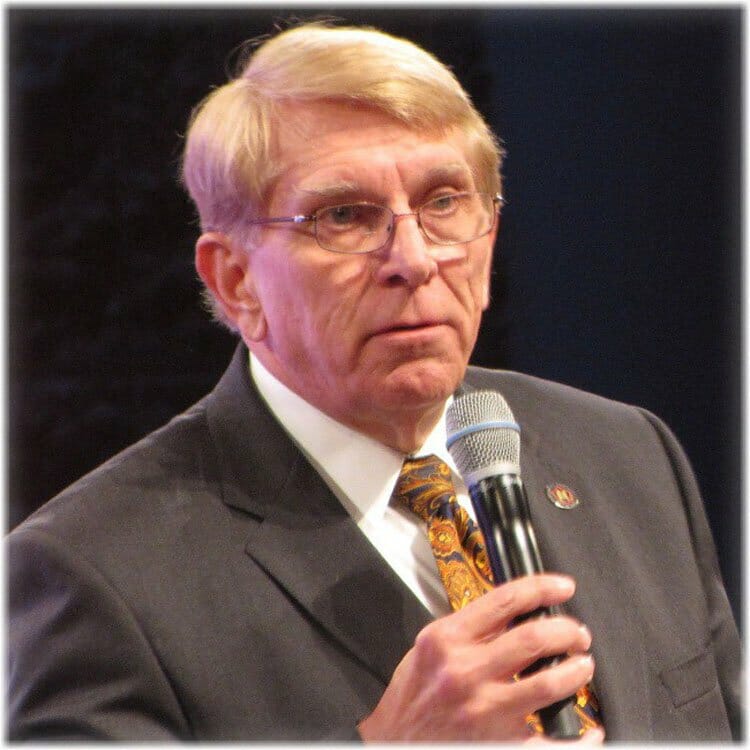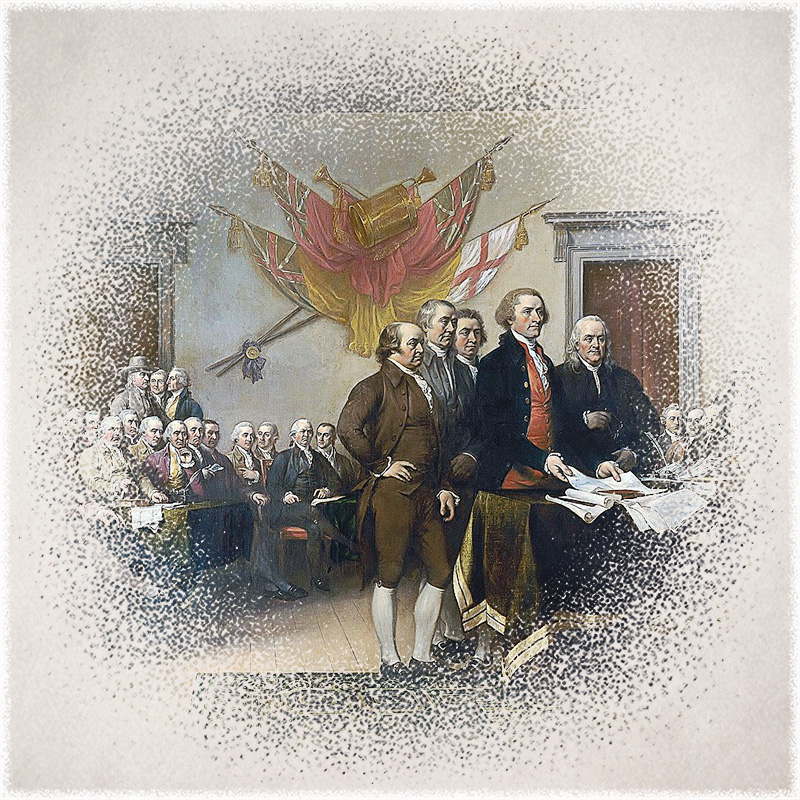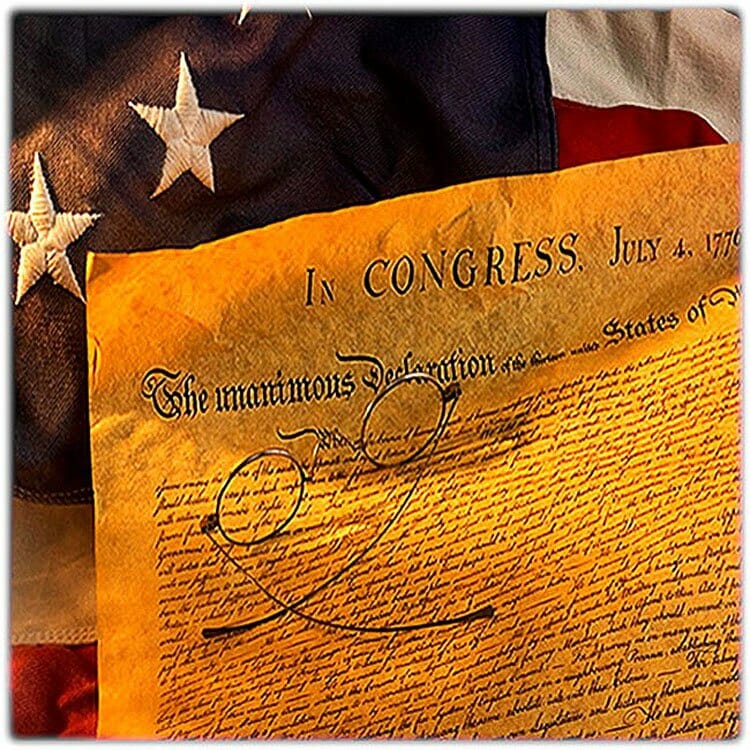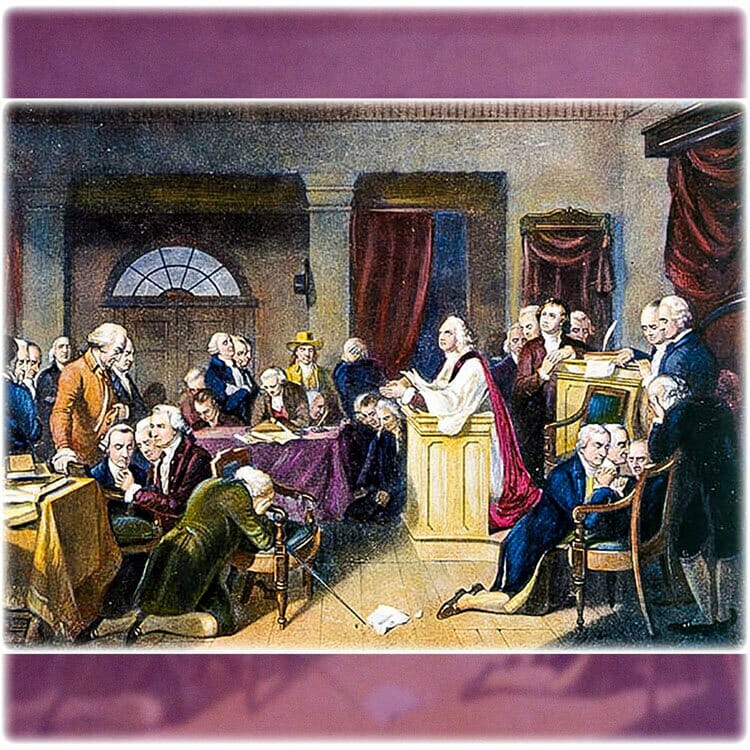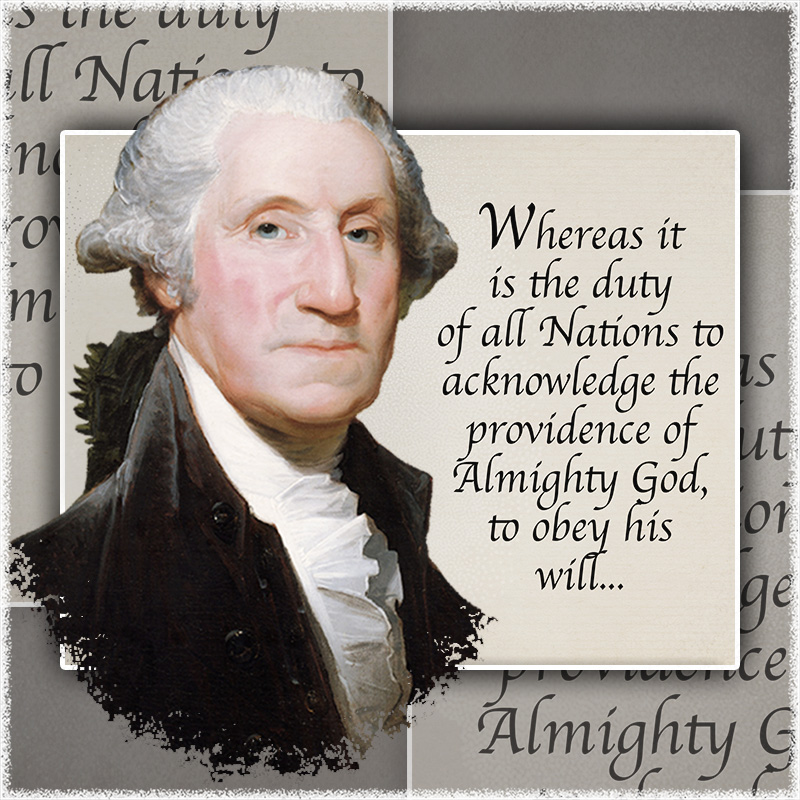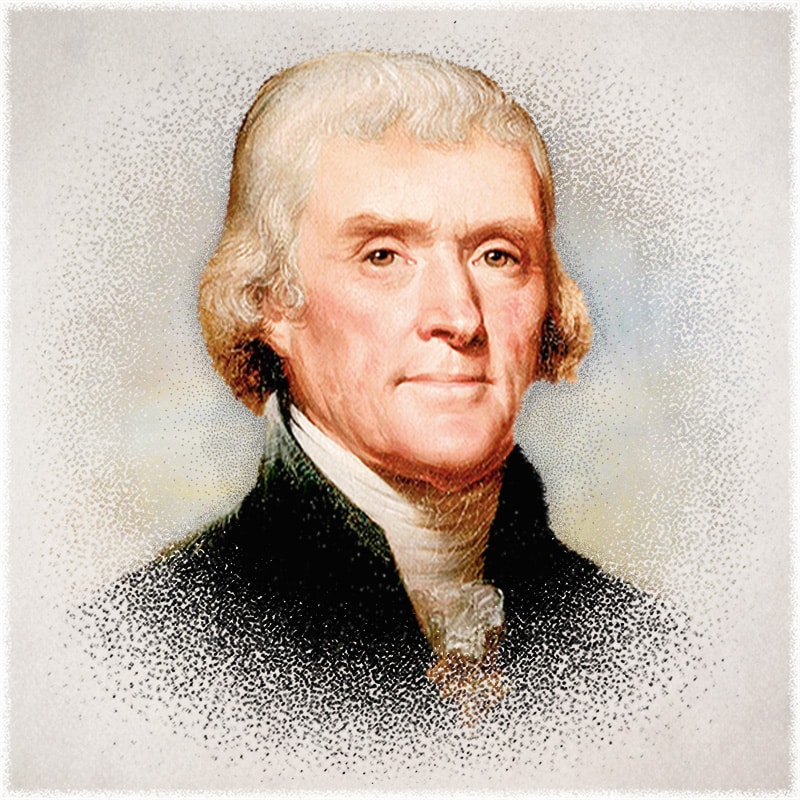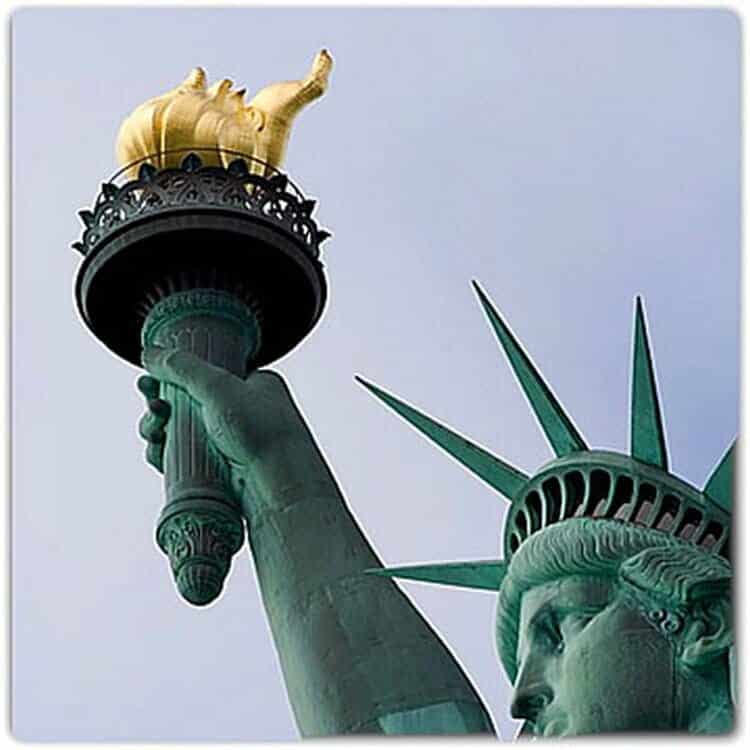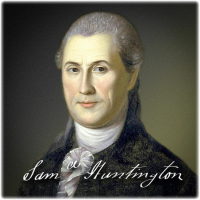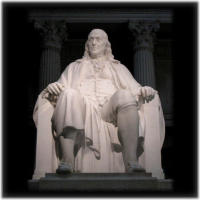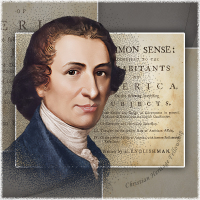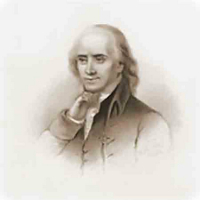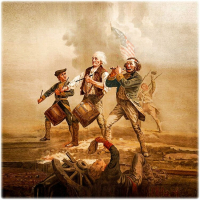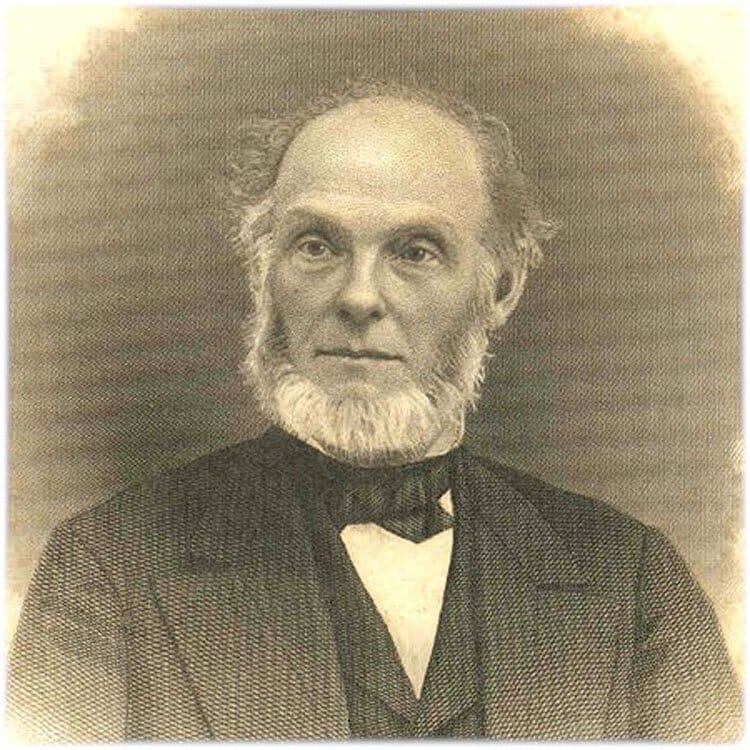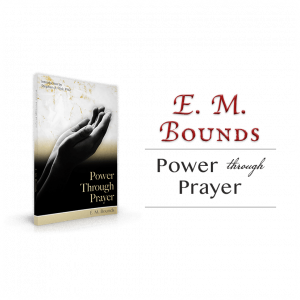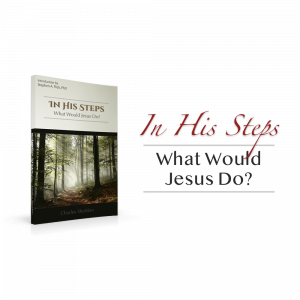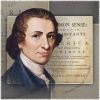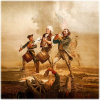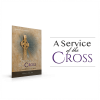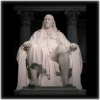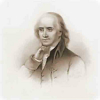Why Must God Be Acknowledged Publicly?
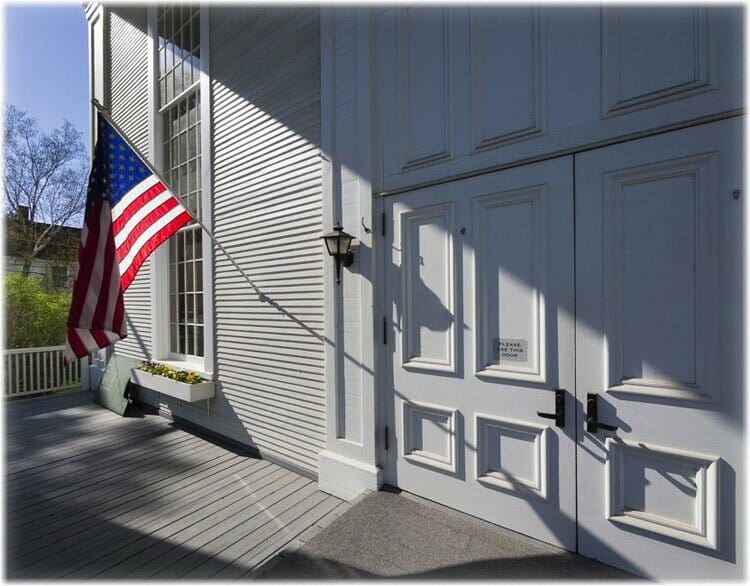
Since the late 1940s, many American liberal judges have stripped away the nation's Christian heritage and right to acknowledge God in public settings. Courtrooms and classrooms of public schools have been stripped and sanitized of Christian symbols, though many educators now attempt to indoctrinate our public school children with Islam—which is not only permitted, but often endorsed. This is only one of liberalism's many manifestations of hypocrisy.Why Must God Be Acknowledged Publicly
While many American's generally label those judges who have routinely attacked the nation's legal and historical foundation as "liberals," they also evidence strong socialistic or communistic traits. Among the most common principles that unite these un-American judges is belief in atheism, agnosticism, or some other form of irreligion—which they faithfully advocate from the courtrooms they occupy. Contrary to the facts concerning America's history, they have argued for decades that America's Founding Fathers intended to suppress and separate government from any religious influence—especially Christian influence. But the truth concerning America's history demonstrates that America's Founding Fathers believed that the role of God in human government must be publicly acknowledged around the world to remind citizens that all true right of government is from God and should not be regarded as originating out of any human origin! Failure to publicly acknowledged and remember God's role in human government necessarily results in secular tyrannical rule. Why Must God Be Acknowledged Publicly
Article Contents
The expression "acknowledging God," means to recognize God or give Him the rightful place of praise for His activity in the world. Just as the service of a soldier is recognized and appreciated by the nation, so the "service" of God to a nation, an individual, or any group of people must be acknowledged—but the service or work of God is far, far more extensive than the service of soldier for his country.
The nineteen-century Russian novelist, Fyodor Dostoyevsky, once wrote, "Without God . . . everything is permitted."[1] Atheism, agnosticism, and any other form of irreligion refuses to recognize the work of God in the world, and does so at great expense to itself and those people who are unfortunate enough to live under the governments of irreligion. When God is not acknowledged in human society, the darkest manifestation of the human spirit are given dominion to terrorize the population.
For example, the horrors of the godless reign of communism in the Union of Soviet Socialist Republics (USSR) has been recounted in the large volume, The Black Book of Communism: Crimes, Terror, Repression. The killing fields of Cambodia and numerous points around the globe are a direct result of godless government—men and women who have said, "We will take the place of God!" And, who can forget the godless French Revolution and its Reign of Terror (from September 5, 1793 to July 28, 1794). The instability that godless irreligion produces in any society can be seen in the fact that the French have lived under at least fifteen constitutions and five republics, between which "were various periods of crisis and social upheaval, including World War II, two Napol. . . on emperorships, the restoration of the French Monarchy, the 60s culture wars and general infighting between different political factions who only wanted their strict vision of democracy applied."[2]
Not only does irreligion not work as a theory of government for society, it does not work as a theory of government for self. The "Intellectuals" is an expression applied to certain leading figures who have attempted "to give advice to humanity on how to conduct its affairs."[3] In his book, Intellectuals, Paul Johnson exposes the personal lives of those who have persuaded nations to surrender their acknowledgment of God—including those intellectuals who produced the bloody French Revolution and who have produced global suffering for the last three centuries. More pointedly, William Murray tells in his book, My Life Without God, how painful home life was living with his mother, Madalyn Murray O'Hair, the woman responsible for ending Bible-reading in the American classroom.[4]
But why doesn't irreligion or secularism work as a theory of government? The human race understands that if authority for human government is no higher than another human being (or group of individuals), there is no source of authority greater than an individual. If this is the case, why may one person not take the power of government from another? The history of secularism reveals this fact is clearly understood in secular societies and for this reason, those societies are in a state of constant insurrection! Christianity is the reason America has only had one Constitution!
America's Founding Fathers were well versed in world history—most of whom possessed classical educations influenced by the study of the ancient world. They understood that if a government begins to believe that it is the source of law, it will soon become tyrannical. For America's Founding Fathers, acknowledging that law and human government was dependent upon the divine Governor was necessary to remind the citizens that the real source of authority was not human, but divine. Contrary to the teachings of secularists, America's Founding Fathers believed that God as the source of the rights of human government must be acknowledged to restrain those government from believing they are the source of all rights. This fact can easily be established with several quotations from the Founding Fathers and the documents they have left to their posterity.
The Declaration of Independence
The document establishing America as an independent nation—the Declaration of Independence—shows the Founding Fathers believed that at creation, God established "Laws of Nature" by which the natural and human worlds should be governed, and that God continued to exercise his authority through "divine Providence":
When in the Course of human events, it becomes necessary for one people to dissolve the political bands which have connected them with another, and to assume among the powers of the earth, the separate and equal station to which the Laws of Nature and of Nature's God entitle them, a decent respect to the opinions of mankind requires that they should declare the causes which impel them to the separation.
We hold these truths to be self-evident, that all men are created equal, that they are endowed by their Creator with certain unalienable Rights, that among these are Life, Liberty and the pursuit of Happiness.
…
And for the support of this Declaration, with a firm reliance on the protection of divine Providence, we mutually pledge to each other our Lives, our Fortunes and our sacred Honor.[5]
The Continental Congress
In the middle of the War of Independence, the Continental Congress proclaimed the first national day of Thanksgiving for British General Burgoyne’s surrender at Saratoga. The Journals of the Continental Congress record the following resolution for Saturday, November 1, 1777 to emphasize the "superintending providence of Almighty God":
The committee appointed to prepare a recommendation to these states, to set apart a day of thanksgiving, brought in a report; which was agreed to as follows: Forasmuch as it is the indispensable duty of all men to adore the superintending providence of Almighty God; . . . and that together with their sincere acknowledgments and offerings, they may join the penitent confession of their manifold sins, whereby they had forfeited every favor, and their humble and earnest supplication that it may please God, through the merits of Jesus Christ, mercifully to forgive and blot them out of remembrance; that it may please him graciously to afford his blessing on the governments of these states respectively, and prosper the public council of the whole; to inspire our commanders both by land and sea, and all under them, with that wisdom and fortitude which may render them fit instruments, under the providence of Almighty God, to secure for these United States the greatest of all human blessings, independence and peace; that it may please him to prosper the trade and manufactures of the people and the labor of the husbandman, that our land may yet yield its increase; to take schools and seminaries of education, so necessary for cultivating the principles of true liberty, virtue and piety, under his nurturing hand, and to prosper the means of religion for the promotion and enlargement of that kingdom which consisteth "in righteousness, peace and joy in the Holy Ghost."[6]
Congress believed that "it is the indispensable duty of all men to adore the superintending providence of Almighty God" and that Congress itself had a role to play in publicly facilitating the duty. Similar public proclamations of thanksgiving, prayer, and fasting were subsequently issued by Congress throughout the War of Independence.[7]
The Thanksgiving Proclamation of George Washington
Just before the first session of Congress was concluded under the Constitution late in 1789, both the Senate and the House of Representatives "laid before the President of the United States, the resolve of the two Houses, 'requesting him to recommend a day of thanksgiving and prayer to the people of the United States.'"[8] Only a few days passed before President Washington proclaimed a day of thanksgiving in which he noted that it was the obligation to publicly acknowledge God as the source of government. On October 3, 1789, President Washington wrote,
Whereas it is the duty of all nations to acknowledge the providence of Almighty God, to obey His will, to be grateful for His benefits, and humbly to implore His protection and favor; and Whereas both Houses of Congress have, by their joint committee, requested me “to recommend to the people of the United States a day of public thanksgiving and prayer, to be observed by acknowledging with grateful hearts the many and signal favors of Almighty God, especially by affording them an opportunity peaceably to establish a form of government for their safety and happiness.”[9]
President Washington believed that it was the "duty of all nations to acknowledge the providence of Almighty God"—a practice observed publicly by the First President of America!
Thomas Jefferson
Thomas Jefferson feared that Americans would lose the conviction that rights or liberties were ultimately given by God, and not by any human government. He wrote,
And can the liberties of a nation be thought secure when we have removed their only firm basis, a conviction in the minds of the people that these liberties are of the gift of God? That they are not to be violated but with his wrath? Indeed I tremble for my country when I reflect that God is just; that his justice cannot sleep forever.[10]
Hundreds More Pieces of Evidence
When considering the public acknowledgements of God from the federal level alone, more than 1,500 additional citations could be provided. When considering this fact at the state level, thousands of additional pieces of evidence could be offered to the reader. Secularists and the irreligious who demand that America cease to acknowledge God publicly demand that America forsake the practice of its Founding Fathers, and for this reason should be regarded as usurpers—seeking to take America's heritage away from Americans![11]
Those who seek to remove God from government violate the clear practice of America's Founding Fathers, who publicly acknowledged God so the people would constantly be reminded of the true divine source of government. If the government is regarded as the source of human rights, then human government can alter or revoke those rights. For this reason, America's Founding Fathers established America upon the government of God and frequently acknowledged this fact! They believed that citizens in every country around the world were "endowed by their Creator with certain unalienable Rights, that among these are Life, Liberty and the pursuit of Happiness." The Founding Fathers believed that human government did not grant these rights; rather, human government was to recognize the rights God at creation had given to all humanity. To prevent governments from leading citizens to believe that the governments themselves were the sources of these rights, America's Founding Fathers publicly practiced recognizing God as the source of any true human rights.
Children should have the right to acknowledge what Founding Fathers advocated without fear of being sent to the principal’s office because their teachers do not like the fact that they believe God made the world and everything in it. Teachers should not fear reading the Bible or praying in their classrooms; the history of American education demonstrates that teachers practiced in their classrooms what the Founding Fathers practiced in public! In many other venues of public life, Americans have a right to practice what their Founding Fathers died to bequeath to them.
May God grant that Christians sense deeply the conviction of Thomas Jefferson: "Indeed I tremble for my country when I reflect that God is just; that his justice cannot sleep forever."
America deserves to know its true heritage.
Please contribute today!
[1] David Cortesi wrote an article in 2000 titled, "Dostoevsky Didn't Say It" (http://infidels.org/library/modern/features/2000/cortesi1.html) that attempted to deny this quote to Dostoevsky, but fellow secularist, Andrei I. Volkov, has demonstrated that is essentially what Dostoevsky did say ("Dostoevsky Did Say It: A Response to David E. Cortesi (2011)," The Secular Web (http://infidels.org/library/modern/features/2000/cortesi1.html, June 6, 2015).
[2] "How Many Constitutions?," Agathoune! (http://www.agathoune.com/?p=1214, June 6, 2015).
[3] Paul Johnson, Intellectuals, 1st U.S. ed. ed. (New York: Harper and Row, 1988), ix.
[4] William Murray, My Life Without God (Nashville: T. Nelson, 1982).
[5]The Declaration of Independence (http://www.archives.gov/exhibits/charters/declaration_transcript.html, June 6, 2015).
[6] "Saturday, November 1, 1777," Journals of the Continental Congress, 1774-1789 (http://memory.loc.gov/cgi-bin/query/r?ammem/hlaw:@field%28DOCID+@lit%28jc00928%29%29, June 5, 2015).
[7] See " Religion and the Founding of the American Republic," Library of Congress (http://www.loc.gov/exhibits/religion/rel04.html, June 6, 2015).
[8] "Monday, September 28, 1789," Journal of the First Session of the Senate of the United States of America, Begun and Held at the City Of New York, March 4, 1789, and in the Thirteenth Year of the Independence Of The Said States; Printed by order of the Senate of the United States (Washington: Printed By Gales and Seaton, 1820), 92; See http://memory.loc.gov/cgi-bin/query/r?ammem/hlaw:@field%28DOCID+@lit%28sj001149%29%29.
[9] "Thanksgiving Proclamation," [Library of Congress] (http://lcweb2.loc.gov/ammem/GW/gw004.html, June 6, 2015).
[10] Jefferson, Thomas. Notes on the State of Virginia. A New Edition ed. Richmond, VA: J. W. Randolph, 1853., 174-75.
[11] One place to begin is with David Barton's The American Heritage Series, disk 6, episode 14.

